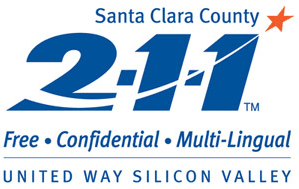Family counseling, also known as family therapy, is a type of psychotherapy that involves working with members of a family to improve communication and resolve conflicts. The focus is on understanding the dynamics within the family system and addressing issues that may be impacting the overall well-being of the family unit.
Here are key aspects of Family Counseling:
- Systems Approach: Family therapists often use a systems approach, viewing the family as an interconnected system where each member's behavior and emotions can affect the others. Changes in one part of the system can have ripple effects throughout the family.
- Communication and Problem-Solving: Family counseling aims to improve communication among family members and enhance problem-solving skills. Therapists work with the family to identify and address patterns of communication that may be contributing to conflicts.
- Roles and Boundaries: Therapists help families explore and understand the roles and boundaries within the family. This includes examining expectations, responsibilities, and how individual family members relate to one another.
- Conflict Resolution: Similar to couples counseling, family therapy addresses conflicts and helps the family develop effective ways to manage disagreements. The goal is to create a more harmonious and supportive family environment.
- Coping with Change and Transitions: Family therapists assist families in navigating significant life changes, such as divorce, remarriage, relocation, or the addition of a new family member. They help families adapt to transitions and cope with associated challenges.



